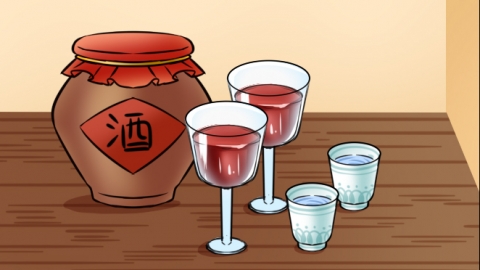Can you drink white liquor when eating lamb?
Generally speaking, it is acceptable to drink white liquor (baijiu) when eating lamb, but moderation is essential. The detailed explanation is as follows:

Lamb is tender and rich in protein. When consumed with a small amount of white liquor, the warming nature of the alcohol can help counteract the greasiness of the meat, resulting in a fresher and more pleasant taste. Additionally, the alcohol can promote blood circulation and aid the body in digesting and absorbing nutrients from the lamb more effectively. Especially during cold seasons, combining lamb with white liquor can provide a warm and comfortable dining experience. Therefore, drinking white liquor while eating lamb is generally suitable. However, moderation is crucial—excessive consumption of white liquor may increase the burden on the liver and, combined with the inherently warming properties of both alcohol and lamb, could lead to discomfort such as heatiness, bloating, or stomach pain.
When drinking white liquor, portion control is important; individuals should adjust their intake according to their personal alcohol tolerance and avoid consuming large amounts of lamb and alcohol on an empty stomach. People with weak digestive systems, cardiovascular conditions, or those prone to heatiness should reduce or avoid drinking white liquor altogether. If symptoms such as dizziness or gastrointestinal discomfort occur during the meal, consumption should be stopped immediately, and professional medical advice sought if necessary, to ensure dietary safety and physical well-being.




